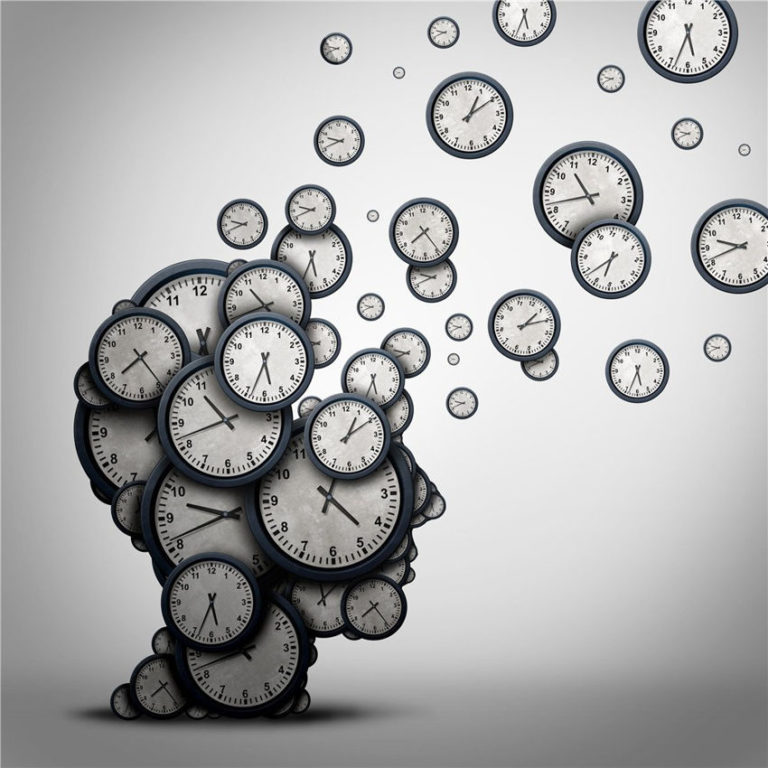Do you find yourself drinking too much, without knowing it? The reason you drink with abandon could be that some of these signs of alcoholism are more subtle than others.
You may want to pay attention to them and understand the difference between casual drinking and alcohol addiction. If medication doesn’t work for you, you’ll want to manage them the natural way. Information about their risks will also prove useful.
Alcoholism Risks
A social drink or two is typically harmless. Excessive drinking, of course, has risks. Here’s what they are.
1. Anemia
First of all, you may develop anemia or a low number of oxygen-carrying red blood cells. This deficiency may trigger tiredness, breathlessness, and giddiness. This review discusses the complications that develop in blood cells if there’s too much alcohol in them.
2. Cancer
Also, constant drinking increases cancer rates. Scientists suggest that the increased risk develops because the body converts alcohol into acetaldehyde. Cancer may develop in the esophagus, breast, liver, and colon. According to research, drinking more than a glass of wine a day can trigger mouth, breast and bowel cancers.
3. Cardiovascular disease
Furthermore, excessive drinking makes platelets likely to clump together. This clustering can lead to a stroke or heart attack. Harvard University found that while a glass of wine can reduce alcohol rates, anything more than this can accelerate the risk of cardiovascular disease.
Too much drink can also result in cardiomyopathy, which poses critical health risks. The heart muscle gradually weakens and eventually fails. Heart rhythm abnormalities like atrial and ventricular fibrillation may occur, when the heart’s upper chambers twitch dramatically. It may cause death if not treated.
4. Cirrhosis
Alcohol is toxic to the liver. As a result, many drinkers develop cirrhosis, a potentially lethal condition. It’s hard to determine which drinkers will develop cirrhosis. Alcohol has toxic metabolites that damage the liver.
5. Dementia
A person’s brain shrinks as he or she ages at an average of about 1.9%. Too much drinking speeds up this shrinkage, resulting in memory loss and other symptoms of dementia. According to this research, alcohol has the potential to increase the risk of this disease.
Brain shrinkage also debilitates a person’s ability to plan, make judgments, and perform other executive functions. These are higher-order abilities, such as organization, that allow us to function at our best.
6. Depression
The links between alcohol and depression are not unknown. What people may be unaware of is that it’s not depression that causes them to turn to drink. Instead, it’s the other way around.
7. Seizures
Alcohol and seizures have a connection. A sudden withdrawal from drinking can cause the onset of Alcohol Withdrawal Seizures (AWS). The study also discovered that about 2 million Americans each year experience AWS.
8. Gout
Another painful condition that excessive drinkers may develop is gout. It is the forming of uric acid crystals in the joints. A study published in the Canadian Medical Association Journal revealed that 24 patients with gout drank excessively compared with their non- drinking peers.
9. High Blood Pressure
Alcohol disrupts the sympathetic nervous system, which controls the dilation of blood vessels, a typical stress response. Therefore, it raises blood pressure levels. Research shows that young people who drink heavily tend to develop hypertension. It can become chronic, leading to heart and kidney disease. Furthermore, a person’s blood pressure reduces after he or she stops drinking.
10. Infectious disease
Alcohol affects the immune system. The researchers who conducted this study found that alcohol destroys human and animal defenses to bacteria. Consequently, too much drinking makes you prone to HIV, tuberculosis, pneumonia, and other sexually transmitted diseases.
8 Non-Obvious Signs of Alcoholism
Alcohol addiction rears its head in some ways, some of them less obvious than others. Awareness of the subtle signs of alcoholism will help you prompt loved ones who may be its victim.
1. You are not able to stop yourself
First of all, you may find it difficult to stick to your limits. You may have restricted yourself to two cocktails but ended up drinking four. Continually forgetting your boundaries is a shine that you or your loved one may have an addiction.
2. Your hangovers are constant
Hangovers aren’t disastrous. However, constant nausea after cocktails is a sign that you’ve gone overboard. If drinking causes you to neglect your morning routine or work responsibilities, you have alcohol dependency.
3. Alcohol is a stress reliever
Drinking should always be a fun, social activity. You shouldn’t turn to it out of desperation or relieve emotional pressure. If you find yourself turning to alcohol whenever you have work or relationship issues, you may be addicted to it.
4. Your plans always involve drinking
Is drinking the only pastime that you enjoy? If you substitute alcohol for the activities you used to love, you could be dependent on it.
5. You have more tolerance for alcohol than before
Everyone can tolerate alcohol after drinking a few glasses. That said, ask yourself if you need more drinks to feel intoxicated. Higher tolerance to alcohol can be a sign of addiction. It means that you have exposed your body to alcohol regularly and allowed yourself to assimilate it.
6. Your friends are worried
Your friends or loved ones may joke and say, ‘Hey, there’s the drinking fountain again.’ However, seriousness lies beneath the humor. They are probably hinting that your excessive drinking is habitual.
7. You find yourself sneaking alcohol
Also, you find all possible excuses to include alcohol with your meals and feel guilty after the fact. Insisting on having a drink when someone forbids it can be a sign of alcoholism.
8. You are always doing damage control
Finally, you may find yourself sending drunk texts and apologizing for them. If they become out of hand, you’re probably dependent on alcohol.
How to Manage Alcohol Addiction?
Small changes make a huge difference when it comes to dealing with alcohol dependency. Here are a few strategies that may help you or your loved one. Whichever you try, give it a chance to work. If it doesn’t, move on to another. Persistence is the key to success.
1. Detox Centers
First of all, consider detox centers. They will contribute to a successful withdrawal if you follow their regimens strictly.
Patients will receive consultation upon their arrival. The goal is to make them comfortable because they may feel overwhelmed. Medical professionals will then evaluate them to create customized treatment plans.
Holistic, supervised treatment then takes place, The medical team makes it comfortable and reduces withdrawal symptoms. The center then caters aftercare according to the patients’ needs. A detox center moves you or your family member a step closer to sobriety, so choosing the right one is essential. Weigh your options before making decisions.
2. Track your drinking
Also, keep tabs on how much you drink. Carry a personal tracker card in your wallet, or make notes on your mobile phone. They will remind you to slow down.
3. Measure
Count your drinks accurately. Know standard drink sizes so that you won’t have too big a glass. You may want to remind party hosts not to give you refills. Learn to say ‘no’ when necessary.
4. Set Goals
No one can withdraw from alcohol abruptly. Set goals and decide how many drinks to allow yourself per week. Staying within limits will prevent alcohol-related problems.
5. Eat
Don’t drink when your stomach is empty. Food will allow your body to absorb alcohol efficiently.
6. Find new hobbies
If drinking is your only pastime, you’ll want to discover other interests. Return to the activities that occupied you before, or find new ones.
7. Avoid triggers
Stay away from situations that urge you to drink. If specific events prompt the habit, avoid them or plan to handle them. You could distract yourself with a healthy activity, such as exercise.
In all, alcoholism is manageable if you recognize the signs early and are proactive.





You caught my attention when you stated that someone who has more alcohol tolerance than before has started to become an alcoholic. Previously, my brother would stop at a few shots and call it a day whenever we hung out at drinking parties or had drinking sessions at home. The fact that he can handle so much more nowadays worries me, so I’ll look for a substance abuse rehab center he can go to right away.